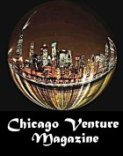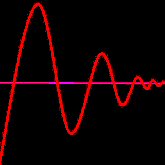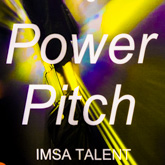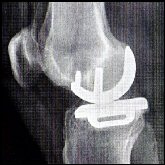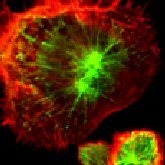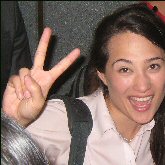 Adapted from the Journal of the Heartland Angels
Adapted from the Journal of the Heartland Angels
By Michael Gardiner
Chicago’s startup scene has grown dramatically in recent years. That includes a rapid increase in local accelerators, incubators, tech parks, and similar programs.
The term accelerator is used somewhat loosely, but the prototypical accelerator involves cohorts of between 10 and 20 startups that spend three to four months in a common physical location. Accelerators are sponsoring organizations that provide startups with a combination of small cash investments, intense mentoring, formal and informal networking opportunities, and organized investor pitch events—all designed to dramatically “accelerate” a startup’s development. Typically, graduating companies immediately seek a significant angel investment or venture “A” round funding.
.
The Big Three
Seed-DB lists three significant accelerators in Chicago: Techstars Chicago (formerly Excelerate Labs); Healthbox – Chicago; and Impact Engine.
Although small in number, accelerators form a significant part of the landscape in which Chicago-area angels operate. These programs support and foster entrepreneurs, drive media attention, and attract capital. In addition, a startup’s participation in an accelerator tells us something about the company. Techstars, which by most accounts is the premier Chicago accelerator, produces portfolio companies that are highly vetted, coached, and connected. Techstars companies raise an average of $1.5 million in outside capital after the program.
In addition, accelerators take an investment stake and a significant advisory role in their portfolio companies. This level of professional involvement may be a positive or negative factor in any particular angel investment opportunity. A company that graduates from an accelerator is typically relatively high quality but expensive from a valuation perspective.
.
Everybody’s Got a Niche
More broadly, each accelerator program specializes in a particular field. Techstars focuses on web-based and software companies, Healthbox is for healthcare businesses, and Impact Engine companies address societal or environmental issues. These specialties point to trends in the startup market in general and give insight into the nature of a startup that was part of a particular accelerator.
Finally, accelerator programs conclude with a Demo Day. On that day, angel investors get the chance to view the current standard for well-coached startup pitches and identify potential investment candidates.
.
Incubator vs. Accelerator
An incubator rents space and provides a central physical workspace to a dozen or two startups. The startup companies are often sponsored by an investor group or university. In contrast to accelerators, a company typically stays in an incubator on a long-term basis—until it needs to relocate to a larger facility. Mentoring and support varies, but is less intense than accelerators and generally comes from a sponsoring group, mentors brought in by the group, and other incubator companies.
.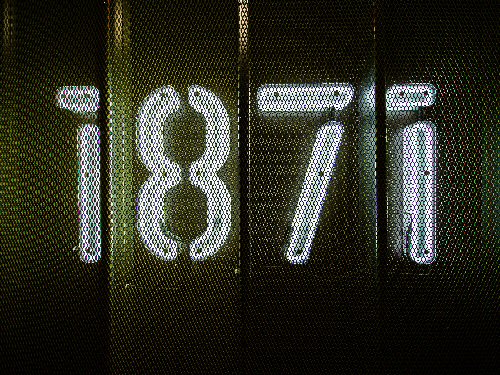
What about 1871?
Chicago’s best-known startup hub is 1871, located in the Merchandise Mart. It’s very successful in renting co-working space to startups, hosting classes and speakers, and generally raising the profile of entrepreneurship in Chicago. 1871 does not sponsor or invest in specific companies like an accelerator. But because of its massive size, incubators have sprung up within its walls. Even Venture Capital firms keep office space in the facility.
Michael Gardiner is an Angel Investor based in Chicago.
For more articles in this issue of NEWS FROM HEARTLAND download the PDF. [click here]
NEWS FROM HEARTLAND – the Journal of the Heartland Angels, is published quarterly as an information service to its members. Articles may be reproduced in full with attribution for educational purposes.
Copyright © 2013 Heartland Angels – John Jonelis, Editor – John@HeartlandAngels.com
CAVEAT EMPTOR – These articles are for educational purposes and not investment advice. Investment involves substantial risk. Please perform your own due diligence. Contact Ron Kirschner – Ron@HeartlandAngels.com
For more information, go to: www.HeartlandAngels.com
.
Chicago Venture Magazine is a publication of Nathaniel Press www.ChicagoVentureMagazine.com Comments and re-posts in full or in part are welcomed and encouraged if accompanied by attribution and a web link. This is not investment advice. We do not guarantee accuracy. It’s not our fault if you lose money.
.Copyright © 2014 John Jonelis – All Rights Reserved
.
.


